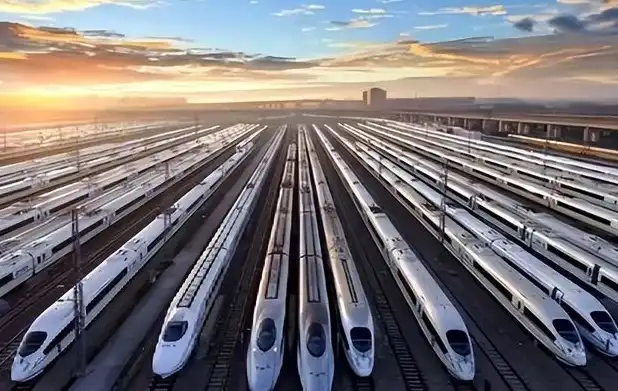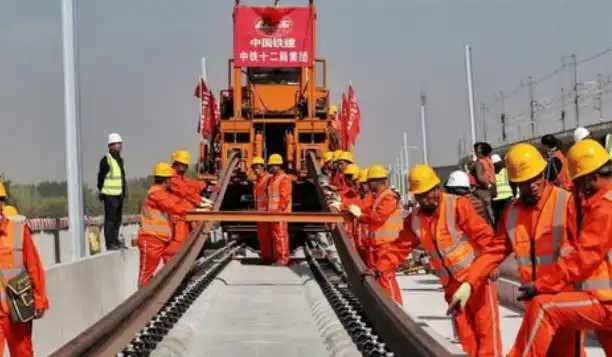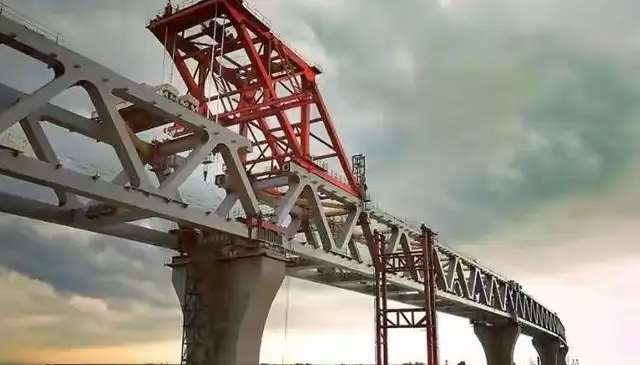China's high-speed rail ups and downs create a glorious road
Since its reform and opening-up, China's infrastructure construction has developed rapidly. In particular, China's achievements in high-speed railway construction have attracted worldwide attention.
From the initial exploration to today's global leadership, China's high-speed rail has become a shining national calling card. Behind this glory, there are also many twists and challenges.

As is widely known, the rise of Chinese high-speed rail depends on each step of solid implementation. From the initial introduction of technology to digestion and absorption, and ultimately to independent innovation.
With an indomitable spirit, China's high-speed rail professionals have firmly grasped high-speed rail technology in their own hands. It is this perseverance and hard work that has allowed China's high-speed rail to gradually rise to prominence in the global market.
When China's high-speed rail was just beginning to make a name for itself, an unexpected event caught everyone off guard. Mexico, the country bordering the United States, was once seen as an important springboard for China's high-speed rail to go global.
At that time, the Mexican government put forward an ambitious plan to build a high-speed rail project and sought partners through global bidding. In the face of this tempting opportunity, high-speed rail companies from all over the world were eager to make a move.

In this fierce bidding war, China’s high-speed rail technology stood out with its excellent technology and reasonable price, successfully winning the favor of the Mexican government.
At the moment when both parties were ready to sign the contract, the Mexican government suddenly backtracked, unilaterally announcing the cancellation of this high-speed rail order worth 30.5 billion. This move not only caught the Chinese high-speed rail team off guard, but also caused a stir internationally.
Faced with a breach by the Mexican government, the Chinese side resolutely defended its interests, demanding that the other party pay the penalty in accordance with the contract.
However, the Mexican government evaded responsibility under various pretexts, and in the end was only willing to pay a paltry 8.06 million as reparations.
This perfidious act not only harmed the interests of Chinese companies, but also tarnished the international reputation of China's high-speed rail.

As the Chinese proverb goes, “a misfortune may turn out to be a blessing in disguise.” While the Mexican government’s breach of faith led to short-term losses for China's high-speed rail, in the long run, it became an important turning point in the history of China's high-speed rail development.
It is this incident that has enabled China's high-speed rail to have a more profound understanding of the complexity and uncertainty of the international market, thereby reinforcing its determination for independent innovation.
There also has been growing international attention and criticism of the Mexican government’s broken promises.
Many countries that had initially expected the Mexican high-speed rail project chose to distance themselves, resulting in Mexico being isolated and helpless in the construction of high-speed rail. This outcome is undoubtedly the best satire of the Mexican government's breach of faith.
